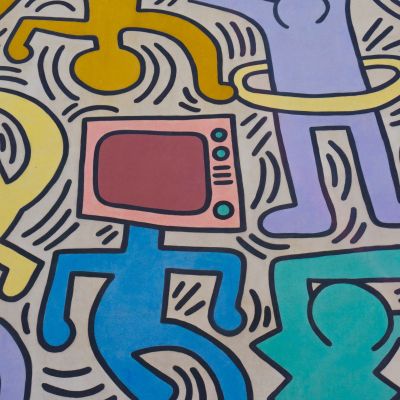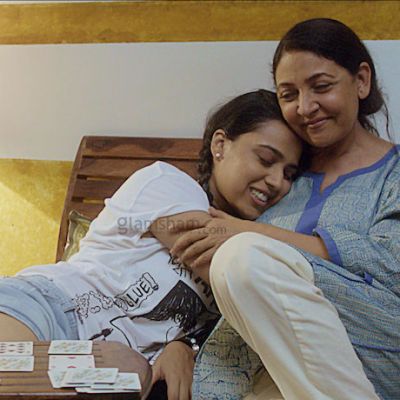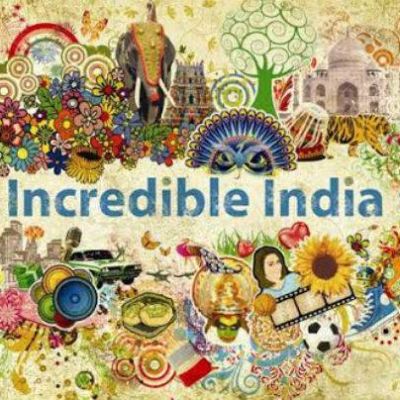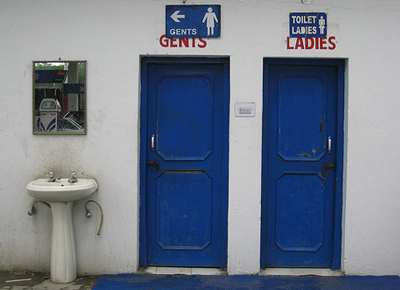Shweta Krishnan
I was not simply stuck within the binaries of “same-sex” or “opposite sex,” assuming that any reference to “same-sex” is in itself already revolutionary. But the call to recognise friendship, is a call to recognise so many forms of community that are made invisible by the emphasis within a liberal or conservative framework on “marriage” as the only path to family making.
Reviewing three films (or the subplots of three films) to see how subplots show that marriage isn’t a destination or a single story that begins and ends in the ‘happily ever after’.
I was not simply stuck within the binaries of “same-sex” or “opposite sex,” assuming that any reference to “same-sex” is in itself already revolutionary. But the call to recognise friendship, is a call to recognise so many forms of community that are made invisible by the emphasis within a liberal or conservative framework on “marriage” as the only path to family making.
How would we see the world really, if we were open to the idea that it is not purpose but play that drives us to seek companionship, be it an orchid seeking a pollinator or a human seeking another?
“As a tool of social control, women have been encouraged to recognize only one area of human difference as legitimate,…
No two human bodies are alike, and our different bodies arouse curiosity. But our fascination for the aesthetics of the perfect human body has historically created a space within art, science and religion for the examination of the ‘abnormal’ and the ‘imperfect’. As a result, some bodies are normalised while others become oddities. Freak Shows, and to a large extent, circuses and even exhibits in medical or anthropological museums particularly stand out for dehumanising and objectifying these different anatomies, and oftentimes subjecting these bodies to violence and discrimination.
Fiction is often relegated to a secondary stow because fact-based forms of knowledge are becoming more and more valued. To be informed is to stay with the facts. Yet I think fiction allows us to stay just about as informed.
विविधता शब्द सुनते ही बरबस मेरा ध्यान तीन बातों की ओर खिंच जाता है – साम्राज्यवाद, राष्ट्रीय एकता से जुड़े…
अलग-अलग शौचालय बनाने के अपने लाभ हैं, विशेषकर जब कि एक जेंडर को दूसरे जेंडर से खतरा महसूस होता हो। लेकिन इस पूरे कृत्य को सामान्य बना देने और इसे जेंडर भेद से दूर करने से संभव है कि महिलाओं को, जहाँ कहीं भी वे हों, प्रयोग के लिए आसानी से शौचालय उपलब्ध हो सकें।
और एक बार फिर यहाँ कार्निवाल को सफलता मिलती है। सबसे पहले ही एपिसोड में, ‘सामान्य’ नायक बेन, जो टेंट लगा कर अपनी मज़दूरी कमाते हैं, पहली बार छिपकली मानव गेको से टकराते हैं। गेको को त्वचा रोग है जिसके कारण पूरे शरीर में उनकी त्वचा पर मोटी, हीरे के आकार की, फीकी पपड़ी सी बन जाती है। इसके अलावा, उनकी कड़े बालों की पूँछ है।
Diversity, I think, can be a deceptive word. On the surface it carries the promise of plurality and multiple possibilities. Yet, it is deployed in ways that simply reinscribe normative two-gender stereotypes and heteronormativity.
But whether you root for this couple or not, Little Things makes you think about the small things – like reading out a line from a book of poetry, sharing a friend’s WhatsApp message with your partner, forgetting to wash your dirty socks before they make the room stink – that make or break a relationship.
Somewhere in the middle of Nanette, as I was crying and laughing, I thought about how political incorrectness is the soul of stand-up comedy.
Should we train it to think well, all these minds would see reason in similar things and they would come up with the same absolute reality – a universal Truth. That Truth would be a reflection of the Natural order for all humankind. That Truth alone would be beautiful.
Since all women do not share a common history, agency cannot and need not be located for all in an emancipatory discourse and in the recourse to resistance and subversion. For some, feminist agency and the realisation of one’s potential as gendered actors in the world can come from submitting to a discourse that others deem repressive.














